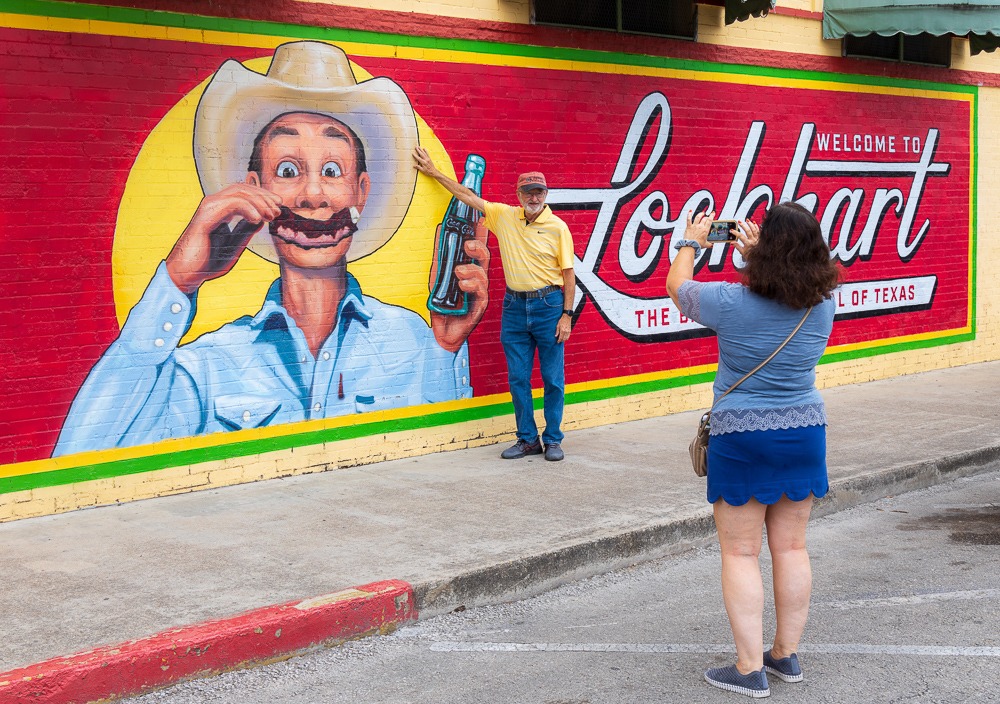This presentation will illustrate how American and international photographic artists are pushing the boundaries of photography. The discussion investigates current trends and themes showcasing an unusual range of silver gelatin, digital and sculptural photography-based art.

Geoffrey Koslov, our speaker, founded Foto Relevance Gallery, located in the historic Audubon Place District of Montrose in Houston, Texas, for contemporary photography-based art.
He is on the Board of Directors of the Houston Center for Photography (HCP), a nonprofit organization offering exhibitions, workshops, classes and outreach programs. He is a former member of its Exhibitions Committee and former co-chair of the Print Auction.
Geoffrey is an experienced reviewer, participating in The Medium Festival of Photography, Photolucida’s Critical Mass, Photolucida’s Portfolio Review, PhotoVisa(Russia) and FotoFest. In addition to serving on the Advisory Council of Photolucida. He is a member of Photo Forum (affiliated with the MFAH), and several photography critique groups: Pixels & Silver, the Houston Inner Loop Photography Organization and formerly the Houston Photographic Society.
Geoffrey had also served on the Photography Subcommittee of the Museum of Fine Arts, Houston (MFAH) for many years. His passion extends to his own collection of fine art and books covering the history of photography. Geoffrey is also a photographer, himself, who has been exhibited and collected.
Please join us for this wonderful evening of the ever-evolving world of photography.



























You must be logged in to post a comment.